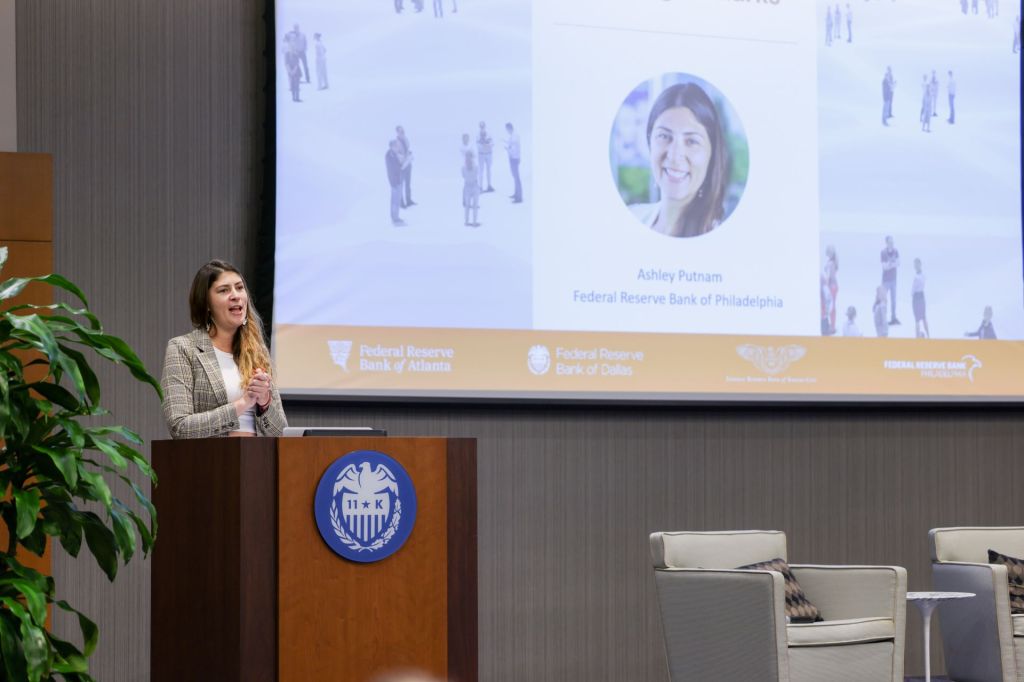Worker Voices
-
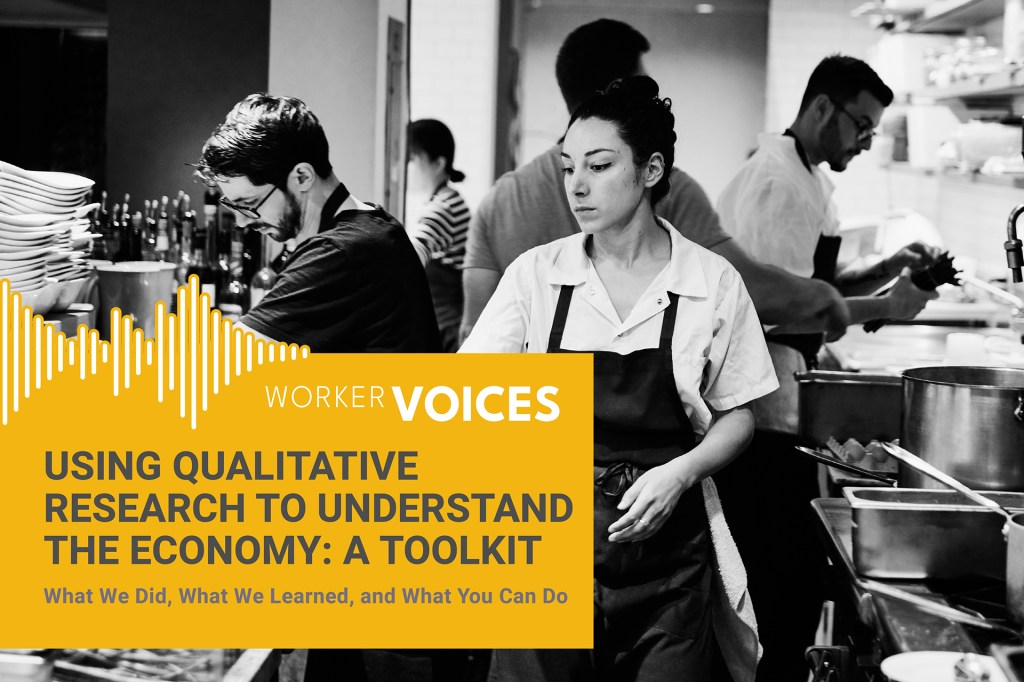
Using Qualitative Research to Understand the Economy: A Toolkit
The toolkit offers insights on using community-engaged qualitative research practices gleaned from the Federal Reserve’s Worker Voices Project and shows how others can use these methods in their own work. This toolkit is for researchers, policymakers, employers, and workforce organizations interested in partnering with the populations they serve and elevating community perspectives.
-
![[Watch] Approaches to and Lessons Learned from Community-Engaged Research](https://fedcommunities.org/wp-content/uploads/2024/07/connecting-communities-community-engaged-research.jpg?w=1024)
[Watch] Approaches to and Lessons Learned from Community-Engaged Research
In this Connecting Communities webinar, hear examples of how community-engaged methods can highlight the experience of workers and jobseekers. Watch or listen on demand.
-

How the Fed goes beyond the data to try to make the economy work for everyone
Utilizing qualitative data from various sources helps paint a comprehensive picture of economic well-being and guides policy discussions at the Federal Reserve. Amidst uncertainties, staying connected to the pulse of real-world experiences remains key.
-
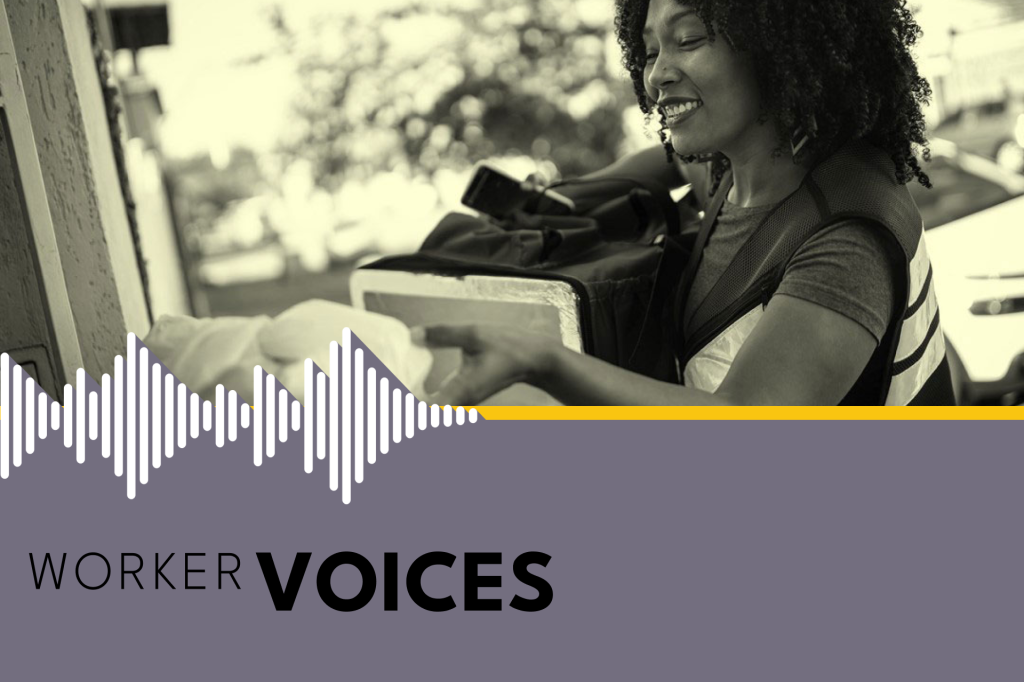
Worker Voices Special Brief: Self-Employment, Dreams Versus Reality
Worker Voices participants described weighing the tradeoffs of self-employment from the independence it gave to its income generation potential. This research found that participants were pushed or pulled into self-employment for a variety of factors and their experiences did not align with their expectations of this work.
-
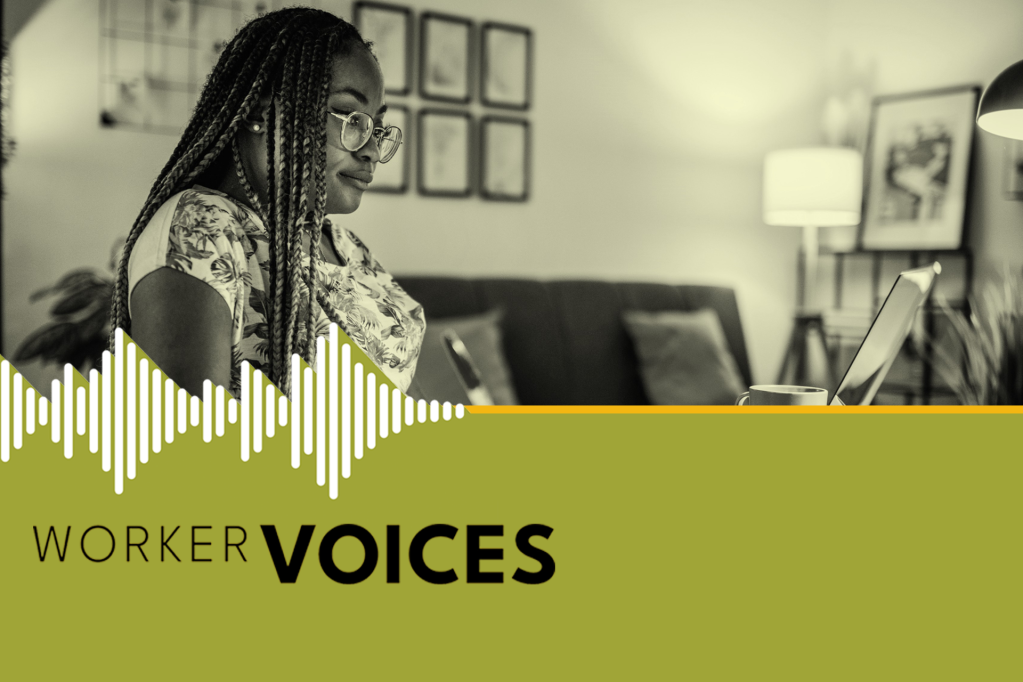
Worker Voices Special Brief: Pursuing Advancement through Personal Investment
Worker Voices participants described their persistence in taking steps to improve their employment outcomes. They pursued skill-building opportunities and were more willing to leave lower-quality jobs, sometimes to pursue self-employment instead. However, their efforts were met with mixed results.
-
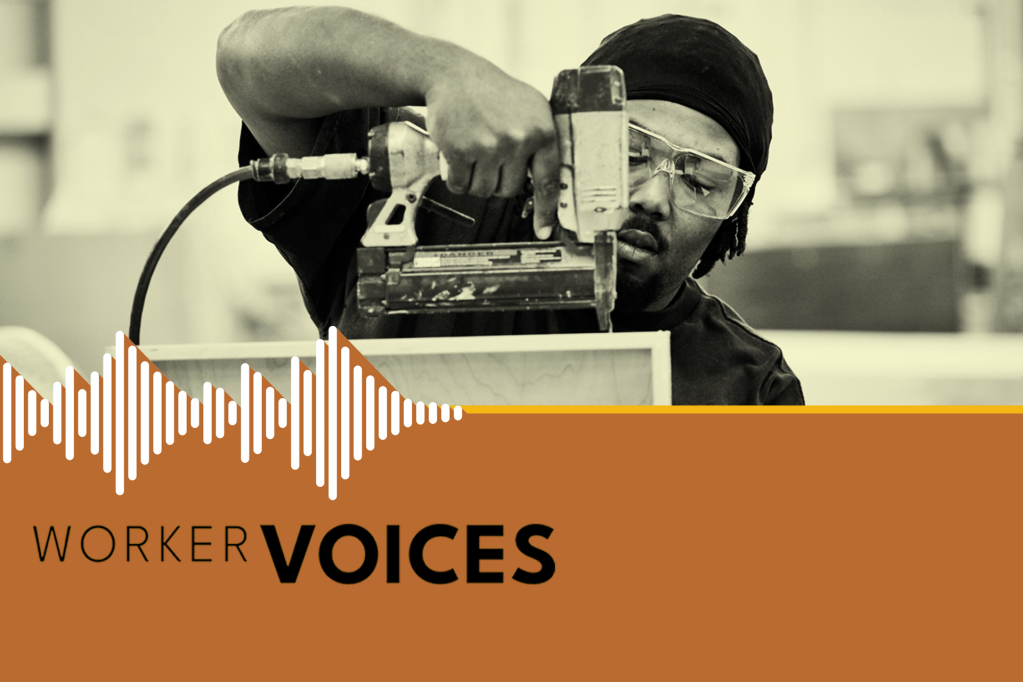
Worker Voices Special Brief: Barriers to Employment
Worker Voices participants described the challenges facing individuals without a four-year degree as they navigated the job market during a global pandemic. Common barriers to work included an evolving labor market, individual attributes, work-family conflicts, and concerns regarding individual well-being.
-
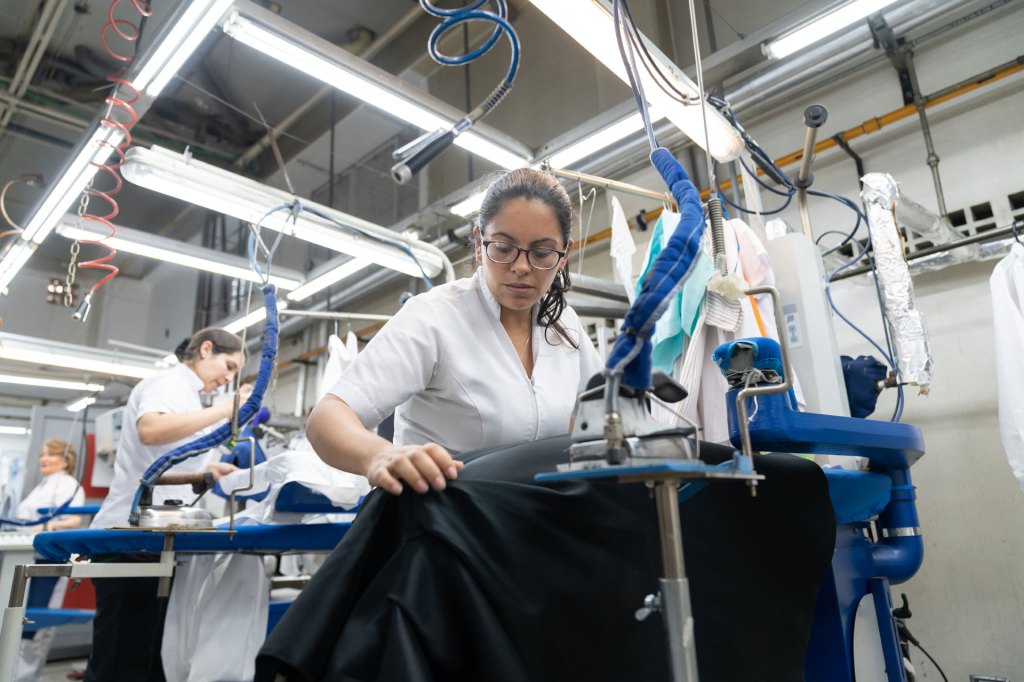
‘We’re looking for a place where we belong’: What we learned from talking to workers
As we think of ways to build the strong economy of tomorrow, we cannot afford to leave workers without a four-year degree, and their enormous potential, on the sidelines. “I […]
-
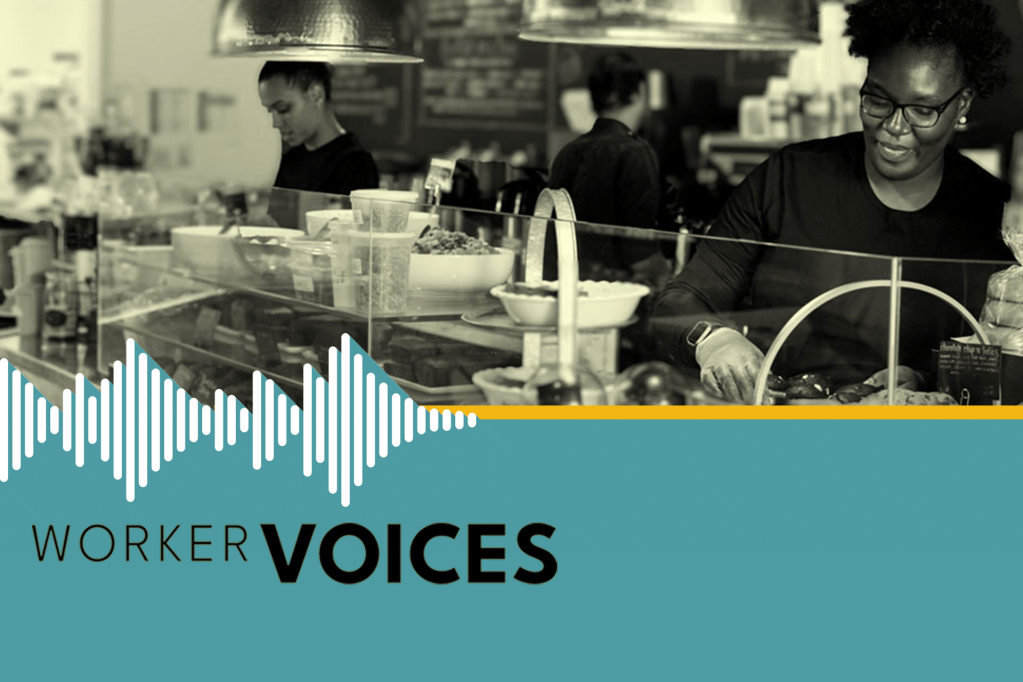
Worker Voices Special Brief: Perspectives on Job Quality
For Worker Voices participants, a quality job checks five boxes. Workers with a quality job are adequately compensated, treated well, secure in their position, given flexibility around hours and location, and engaged with the work.
-
![[Watch] Shifting Perspectives and Expectations on Employment](https://fedcommunities.org/wp-content/uploads/2023/07/workervoices-connecting-communities.png?w=1024)
[Watch] Shifting Perspectives and Expectations on Employment
What do workers expect of job quality? How are they using skill development and self-investment to change their economic opportunities? Here’s what recent research tells us. Watch or listen on demand.






